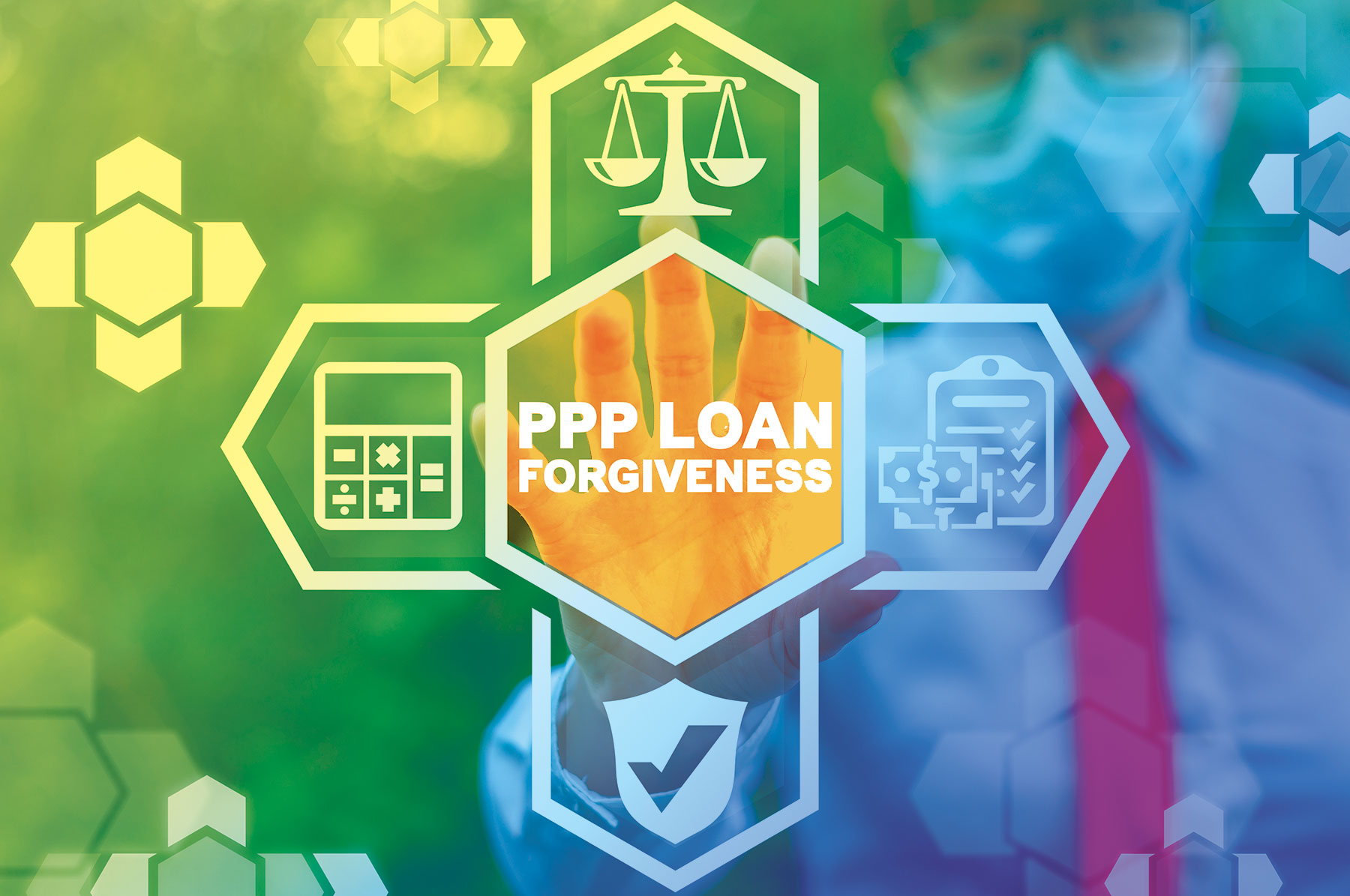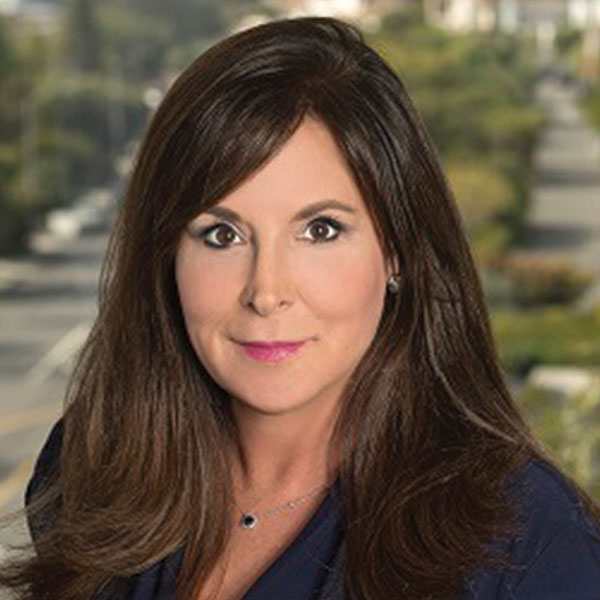
PPP Loan Forgiveness
How CPAs Can Minimize Liability When Assisting Clients With PPP Loan Forgiveness — by Nancy Reimer and Elizabeth Lowery
The CPA's client received funds from the Paycheck Protection Program ("PPP") under the Coronavirus Aid, Relief, and Economic Security ("CARES") Act and is asking if and how they will qualify for PPP loan forgiveness. As of this date, there is uncertainty over some of the program details and businesses worry about meeting and maximizing the loan forgiveness requirements. With the uncertainty surrounding the loan forgiveness process how can CPA's protect themselves from liability while assisting clients seeking loan forgiveness?
The best protection tool in a CPA's arsenal is the Engagement Letter. An engagement assisting clients seeking loan forgiveness under the PPP is considered a consulting engagement in accordance with the Statement on Standards tor Consulting Services issued by the American Institute of Certified Public Accountants ("AICPA"). Like any engagement letter, the PPP loan forgiveness engagement letter should spell out the nature and scope of work to be performed, the CPA firm's responsibilities, the client's responsibilities and the work product to be delivered to the client. The Engagement Letter should also contain limitation of liability and indemnification clauses.
In drafting the engagement letter, the following considerations should be taken into account:
- The terms and scope of the consulting services should be discussed with the client and clearly described in the letter.
- Describe the engagement's objectives.
- Describe the scope and limitations of the engagement.
- List the services that are not within the scope of the engagement.
- Summarize the tasks to be performed and completed.
- Describe the deliverables.
- List the applicable professional standards.
- List the client's responsibilities.
- List the CPA's responsibilities.
- State when the services will begin and conclude.
- State the limitations on the use of the deliverables.
We also recommend stating the CPA is not involved with and has no influence upon the loan forgiveness process and cannot guarantee the Application will be approved. It is important tor the client to accept responsibility for the accuracy and completeness of all certifications included in the Application and maintain all required documentation to support the application.
While clients may be anxious to apply tor forgiveness keep in mind the following factors:
- Most lenders are not ready to process forgiveness applications as they are awaiting guidance trom the Program.
- Many lenders are developing forgiveness portals to make the process more efficient.
- Businesses have 24 weeks to use the PPP funds leaving more time to take steps to help qualify for forgiveness.
- Payroll costs are a significant component of PPP forgiveness. Most payroll providers are developing special reports to help the process. But they too are waiting for guidance.
- Payments are not due yet. Borrowers are not required to make loan payments before they apply for forgiveness or until 10 months after the covered loan period ends.
While it can be difficult for a client to be patient with the ongoing uncertainty prevented by COVID-19, as their trusted advisor, a CPA can help calm the fears while awaiting proper guidance from the PPP.
Even apart from Coronavirus issues, CPAs should periodically review and update their engagement letters. Stay tuned for our upcoming Webinar on Engagement Letters.
If you have questions or would like more information, please contact Nancy Reimer at nreimer@fmglaw.com or Elizabeth Lowery at elowery@fmglaw.com.


Authors: Nancy Reimer - Partner at Freeman Mathis & Gary, Boston office
Elizabeth Lowery - Partner at Freeman Mathis & Gary, Hermosa Beach and downtown Los Angeles offices
Nancy Reimer is a Partner in Freeman Mathis & Gary's Boston office. She is Vice Chair of the Firm's Professional Liability/Errors & Omissions, and Chair of Accountants Liability National Practice Team.
Ms. Reimer devotes the majority of her practice to the defense of professional malpractice claims against accountants, attorneys, financial advisors, securities brokers and other professionals, as well as breach of fiduciary duty claims and claims against directors and officers of corporations. She also counsels clients in prevention techniques for avoiding litigation and other risk exposures.
Elizabeth Lowery is a Partner in Freeman Mathis & Gary's Hermosa Beach and downtown Los Angeles offices. She is a trial lawyer with a nationwide practice focusing on financial institutions and professionals. As a former trader and CPA, she brings a unique and exceptionally strong financial background to an array of commercial litigation.
Ms. Lowery has extensive experience in all aspects of financial and investment services including internal investigations, SEC and FINRA investigations and litigation, regulatory licensing, expungement, fraud claims, breach of fiduciary duty, unfair business practices and professional negligence.
The Landy Insurance Agency is a national leader in providing non-medical, professional liability and cybercrime insurance for accountants, attorneys, and real estate professionals. Visit www.landy.com for more information.
If you are a business owner looking to obtain coverage, please click on the main header to visit our public website. You will find links to the appropriate information in the left hand, green, navigation area
If you are an insurance producer looking to register with us or obtain coverage for your client, please visit Producer Resource Center for information.
